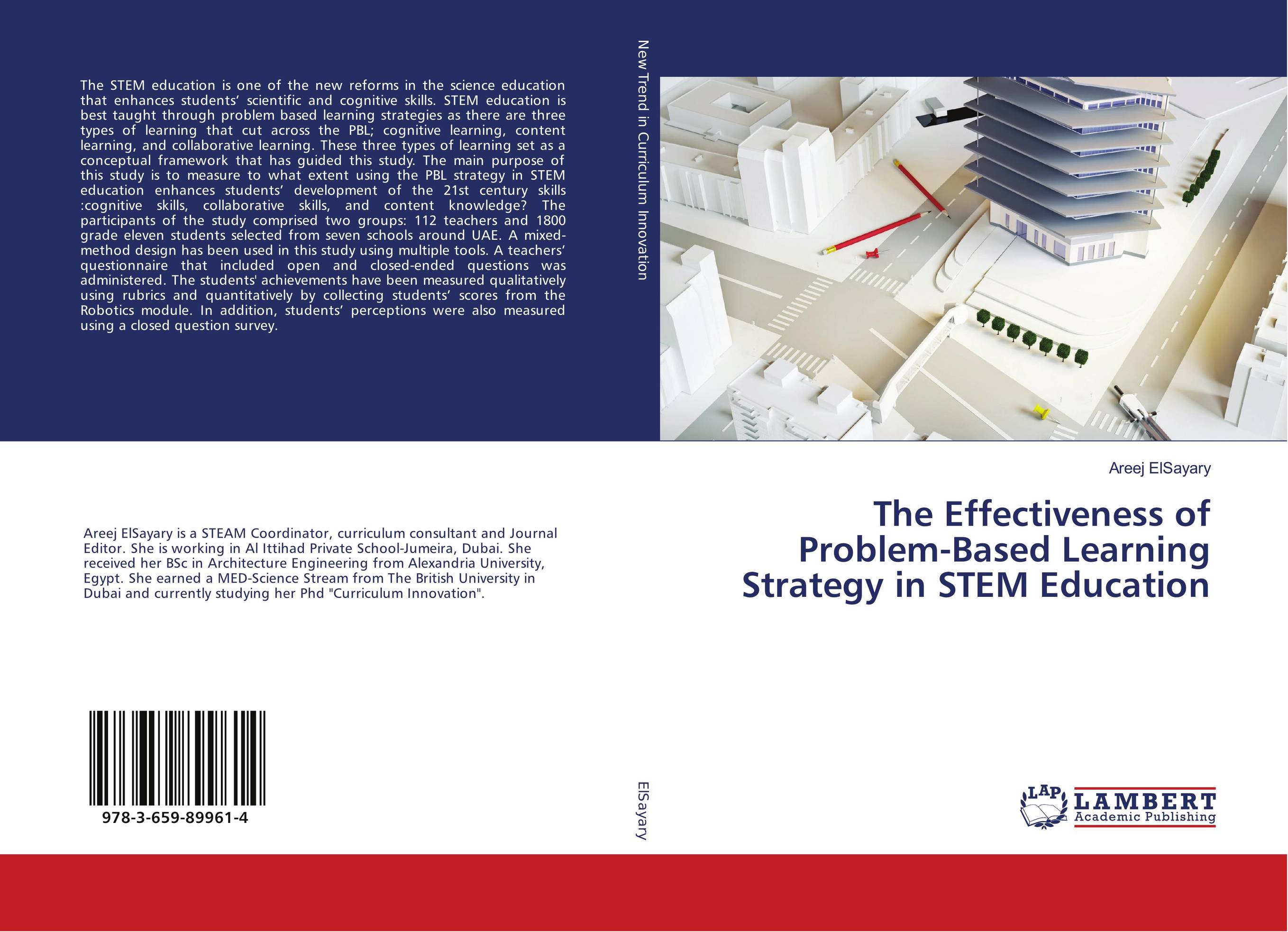| Поиск по каталогу |
|
(строгое соответствие)
|
- Профессиональная
- Научно-популярная
- Художественная
- Публицистика
- Детская
- Искусство
- Хобби, семья, дом
- Спорт
- Путеводители
- Блокноты, тетради, открытки
The Effectiveness of Problem-Based Learning Strategy in STEM Education.

В наличии
| Местонахождение: Алматы | Состояние экземпляра: новый |

Бумажная
версия
версия
Автор: Areej ElSayary
ISBN: 9783659899614
Год издания: 2016
Формат книги: 60×90/16 (145×215 мм)
Количество страниц: 132
Издательство: LAP LAMBERT Academic Publishing
Цена: 33510 тг
Положить в корзину
Позиции в рубрикаторе
Сферы деятельности:Код товара: 159090
| Способы доставки в город Алматы * комплектация (срок до отгрузки) не более 2 рабочих дней |
| Самовывоз из города Алматы (пункты самовывоза партнёра CDEK) |
| Курьерская доставка CDEK из города Москва |
| Доставка Почтой России из города Москва |
Аннотация: The STEM education is one of the new reforms in the science education that enhances students’ scientific and cognitive skills. STEM education is best taught through problem based learning strategies as there are three types of learning that cut across the PBL; cognitive learning, content learning, and collaborative learning. These three types of learning set as a conceptual framework that has guided this study. The main purpose of this study is to measure to what extent using the PBL strategy in STEM education enhances students’ development of the 21st century skills :cognitive skills, collaborative skills, and content knowledge? The participants of the study comprised two groups: 112 teachers and 1800 grade eleven students selected from seven schools around UAE. A mixed-method design has been used in this study using multiple tools. A teachers’ questionnaire that included open and closed-ended questions was administered. The students' achievements have been measured qualitatively using rubrics and quantitatively by collecting students’ scores from the Robotics module. In addition, students’ perceptions were also measured using a closed question survey.
Ключевые слова: problem-based learning, Robotics, STEM education



